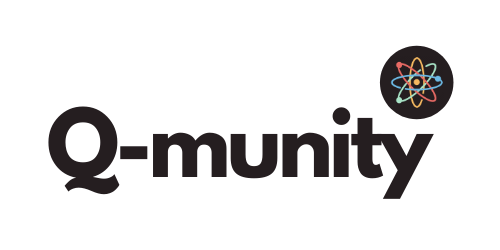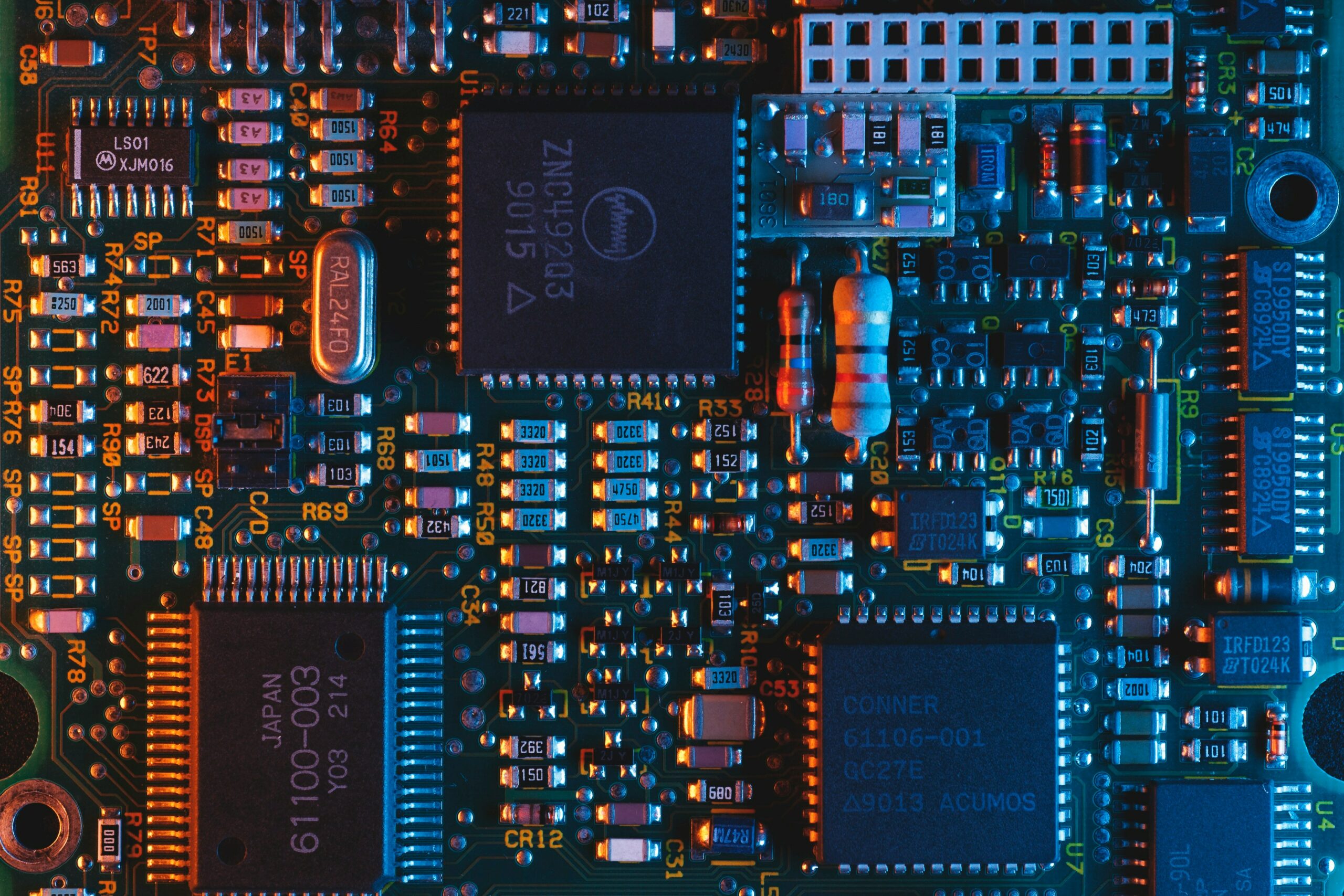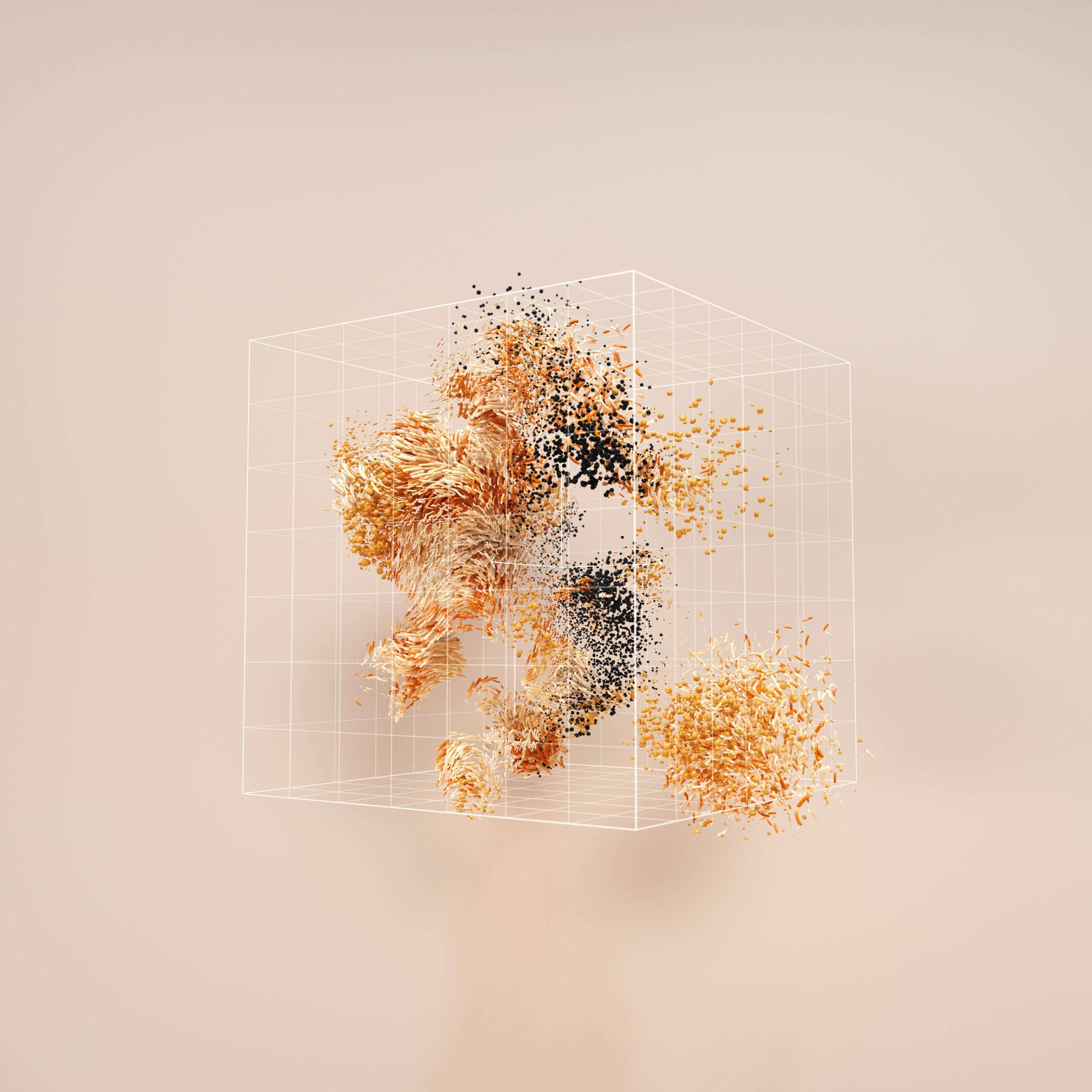Introduction
If you have little knowledge of what quantum computing actually is, just hearing the word “quantum” is probably enough to deter you from the field altogether. Will it allow you to discover new dimensions? Travel through time like Marty McFly? Shrink to an unimaginably small size like Ant-Man? Whatever it is, quantum computing sounds difficult and confusing.
We’re not going to try to convince you otherwise. Let’s face it: quantum computing is by far one of the most complex technologies out there. It combines the power of quantum mechanics with the ingenuity of computers into a sort of super-technology with limitless applications.
The resulting heightened computational power and data-processing abilities put quantum computing on track to become one of the most revolutionary emerging technologies in the coming decades. It has the potential to speed up discoveries in the healthcare field, explore the universe for habitable planets, and even create more powerful artificial intelligence. In short: quantum computing is absolutely and unequivocally cool.
But that doesn’t mean it’s unlearnable. Even though scientists are discovering new things about quantum computing every day, there are plenty of ways even high-school students like us can learn about it. To help you begin your quantum journey, we’ve put together a sequence of four easy steps that will hopefully help you introduce yourself to the world of quantum computing!
1. Understanding Quantum Science
So what exactly is quantum computing? And how are quantum computers different from classical computers? Let’s start with something called Moore’s Law. Moore’s Law states that as time goes on, transistors (components of classical computers used to amplify and switch electronic signals and electrical power) will get smaller and cheaper until they reach a point where they can get no smaller or more powerful. Unfortunately, we are rapidly approaching that point: we’ve seen computers go from taking up entire rooms to fitting in the palm of our hands in a matter of decades. It’s only a matter of time before we reach the limit.
The solution? Quantum computers. The reason that quantum computers are so much more efficient than classical computers is that they use qubits (quantum bits) instead of transistors (classical bits). Qubits can be photons, electrons, nuclei, or any other quantum particles. Because of the quantum-mechanical properties of these particles, Moore’s law doesn’t deter the progress of quantum computers and thus allows them to process data much faster than classical computers.
You don’t need to be a quantum physicist in order to learn quantum computing. You just need to understand the two main phenomena applied in quantum computers: superposition and entanglement.
Superposition is the quantum-mechanical phenomenon that allows qubits to occupy both of two possible states at the same time. So while classical computers’ binary bits can only store zero or one, superposition allows qubits to occupy zero, one, or both at the same time.
The result? Quantum computers are able to perform much more complicated calculations and store much more elaborate data than their classical counterparts.
The second phenomenon, quantum entanglement, occurs when a pair (or groups) of quantum systems interact in such a way that they cannot be described independently of each other. If two qubits entangle with each other, each will henceforth instantly react to a change in the other’s state, even if they are light-years apart.
So, if you were to entangle a pair of qubits in a quantum circuit when building an algorithm, you would be able to measure the values of both qubits in the entangled pair by measuring only one of them.
By tapping into the strange and unknown realities of quantum mechanics, quantum computers are able to solve certain problems in mere minutes: problems that would take traditional computers lifetimes to overcome.
Learn More:
Physical Basics of Quantum Computing – This free course teaches the basic ideas of quantum informatics, as well as the physical laws and basic mathematical principles behind quantum computing. By the end of this course, you will gain a basic understanding of the modern mathematical apparatus of quantum mechanics, the ideas that underlie the most important quantum logic algorithms, and protocols for transmitting and processing quantum information. The course also teaches problem-solving in these areas.
Quantum Mechanics and Quantum Computation – This free course by UC Berkeley will help you understand the fundamental principles of quantum mechanics using the concepts of qubits and quantum gates. The course emphasizes the paradoxical nature of the subject, including entanglement, non-local correlations, the no-cloning theorem, and quantum teleportation. You’ll be able to use the skills you learn to create quantum algorithms.
2. Learn Coding
It shouldn’t be a surprise that programming a quantum computer is significantly harder than programming a traditional computer. Learning how to code will help you understand just why that is.
Coding is an essential prerequisite for building algorithms on quantum computers. If you’re scared to learn it, don’t worry; there are hundreds of websites and organizations out there that offer programming courses for a variety of levels and languages.
Most cloud-based quantum computing platforms, like IBM Q Experience and Cirq, are Python-based. For this reason, we highly recommend learning Python to help you with your quantum journey.
Get Started:
Python – The official Python website will allow you to download the most recent version of the language and access official documentation, recent news, and a beginner’s guide.
Learn Python – This free, interactive Python tutorial for beginners allows you to learn the basics of Python, data science, and more advanced subjects at your own pace.
W3 Schools – This is another introductory and interactive Python introduction that’s through, self-paced, and tuition-free. By the end of this course, you’ll have a solid understanding of coding using Python.
Qiskit Textbook – The Qiskit Textbook is a free digital textbook that will teach you the concepts of quantum computing while you learn to use the Qiskit SDK. Its Jupyter notebook framework allows readers to easily view, edit, and run the code directly in the textbook.
3. Linear Algebra
Building quantum algorithms and circuits rely heavily on linear algebra, so it’s vital that you understand it. You’ll need to develop a thorough understanding of the mathematical concepts used in quantum computing, which include vectors/vector spaces, matrices/matrix operations, spanning sets, linear dependence, Hilbert spaces, and Eigenvectors/Eigenvalues.
These concepts are a bit complex for most high-school students, but far from impossible to learn. We’ll leave the teaching to the professionals, the links for which can be found below.
Linear Algebra Resources:
Khan Academy – Khan Academy provides an introductory course on the basics of linear algebra which covers vectors/spaces, matrix transformations, and alternate coordinate systems.
Introduction to Linear Models and Matrix Algebra – Harvard University offers this free, in-depth course on applying linear models to analyze data in life sciences through R programming.
Qiskit Textbook – The Qiskit Textbook has an entire chapter dedicated to creating a foundation in linear algebra which the reader can then build during their quantum computing study.
4. Uses of Quantum Computing
Familiarizing yourself with the applications of quantum computing will allow you to focus your efforts on the industries that you are most interested in, which can include artificial intelligence, quantum chemistry, cryptography, or financial modeling.
Artificial Intelligence
One of the most-discussed applications of quantum computing is artificial intelligence. On its own, AI uses feedback from its experiences to become more and more accurate, or ‘intelligent.’
So how does quantum computing fit into AI?
Quantum computers have much more computational power than current classical computers and algorithms. Incorporating quantum computation into the feedback stage of artificial intelligence will allow it to calculate the probabilities of different outcomes and get feedback much quicker, increasing its efficiency.
What does this look like in real life? Lockheed Martin is testing out incredibly complex autopilot software on its D-Wave quantum computers, while Google is able to design artificial intelligence software that can differentiate between cars and surrounding landmarks.
Learn more about quantum machine learning:
Quantum Machine Learning – This free course by the University of Toronto goes over the fundamentals of quantum machine learning. By the end of this course, you’ll be able to distinguish between quantum computing paradigms relevant for machine learning, assess expectations for quantum devices on various time scales, identify opportunities in machine learning for using quantum resources, and implement machine-learning algorithms on quantum computers.
Tensor Flow – This is a quick guide on quantum machine learning concepts, quantum data, and hybrid quantum-classical models. Once completed, you can move on to their interactive tutorials and build your skills.
Quantum Chemistry
Quantum computing can help us precisely model molecular interactions and find the ground-state energies/optimum configurations of chemical reactions. Since these reactions are quantum-mechanical in nature (just like qubits), a quantum computer can easily and accurately process them: something classical computers can only approximate.
For example, Google uses its quantum computers to simulate the energy of hydrogen molecules, which enables us to create more efficient products ranging from pharmaceutical drugs to fertilizer.
Learn more about quantum chemistry:
Qiskit Aqua – This is the GitHub Page for Qiskit Aqua, which is an open-source framework designed to be extensible and allow users to easily add quantum algorithms. If you’re interested in creating your own quantum chemistry algorithms, Qiskit Aqua has many projects and resources that you can explore.
Introduction to Quantum Chemistry – This free course from the University of Manchester incorporates three of the principal topics in first-year undergraduate physical chemistry: thermodynamics, kinetics, and quantum mechanics. These three topics cover whether or not reactions occur, how fast they go, and what is actually going on at the sub-atomic scale.
Cryptography
In today’s day and age, almost everything is digital; it’s imperative that the data we share online is secure and encrypted. Our current online encryption system (RSA encryption) is dependent on the fact that it is very difficult for classical computers to factor large numbers into primes. It would take an impractical amount of resources, not to mention time, for a classical computer to crack such a system.
Quantum computers, on the other hand, have the processing power to crack this encryption much more quickly and efficiently than classical computers. As quantum computers become the norm, the prime number encryption method will eventually become obsolete.
One of the encryption methods that has been proposed to combat this problem is quantum encryption, which employs the entanglement phenomenon to prevent shared data from being stolen or copied.
Learn more about quantum cryptography:
Quantum Cryptography – This free course offered by CalTech and TU Delft teaches the fundamentals of quantum cryptography, including cryptographic concepts and tools, protocols/proofs of security for quantum key distribution, the basics of device-independent quantum cryptography, and modern quantum cryptographic tasks/protocols.
Basic Cryptography and Programming with Crypto API – The University of Colorado offers this free course on basic concepts and principles of cryptography. You’ll learn how to apply basic cryptanalysis and identify the strongest encryption techniques.
Finance Modeling
The different time zones, industries, and share/investment issues that affect global trade make our modern domestic and international markets very complicated. Unfortunately for investors and analysts, even the most powerful classical computers don’t have the ability to run experiments in such a setting.
By applying quantum computers’ randomness to financial experiments, investors and analysts can easily calculate the many different outcomes that can accompany a possible action. The result? Lower-risk investments and a booming global economy.
Learn more about quantum computers in finance modeling:
IBM – This report by IBM explores the uses of quantum computing/technology for financial services and problems. It covers powerful quantum use cases, targeting and prediction, trading optimization, risk profiling, and the benefits that a quantum era would reap.
Quantum Computing for Finance – This guide from Science Direct is perfect for beginners interested in quantum computing in finance and highlights its available prospects.
Conclusion
There is obviously much more to quantum computing than we’ve outlined here; the technology opens up a whole world of possibilities that we haven’t even scratched the surface of yet. But one thing is clear: quantum computing is the future.
It’s also one of those things that requires a hands-on approach to understand. Use the resources we’ve provided only as a guide to learn the basics. Pick a field that interests you and research about the applications of quantum computing in that field; before you know it, you’ll have begun your very own quantum journey.
Happy travels!
Sources: https://singularityhub.com/2017/06/25/6-things-quantum-computers-will-be-incredibly-useful-for/







